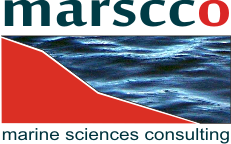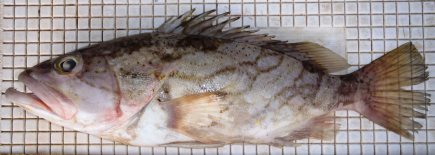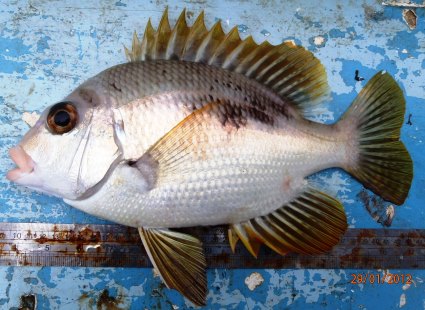Metals
Measuring bioaccummulation and/or biomagnification of metals in mobile and sessile fauna present at locations suspected to be disturbed or exhibiting some degree of anthropogenic impact constitutes an essential component of baseline surveys. Trace metal levels comprise robust indicators of environmental impact and, as such, are required to be monitored before, during and after completion of projects involving aquatic habitats. Marscco's services include the removal of soft tissue samples from shellfish (whole animal), crabs (cheliped muscle and hepatopancreas) and fishes (muscle and whole livers) to measure levels (concentrations in mg kg-1; wet weight) of selected metals and metalloids, concurrent with the collection of local seabed/bottom substrate.
Common metals analysed for baseline studies include arsenic (As), cadmium (Cd), chromium (Cr), copper (Cu), mercury (Hg), nickel (Ni), lead (Pb), selenium (Se) and zinc (Zn). Samples are analysed by NATA-accredited Australian laboratories using highly sensitive analytical methods e.g., Inductively Coupled Plasma Mass Spectrometry (ICP-MS).
Download copy of Marscco's Final Report of baseline study of metals in selected local market fishes and invertebrates from the western Huon Gulf, Papua New Guinea (December 2020).
Download copy of Marscco's Final Report of baseline study of metals in selected local market fishes and invertebrates from the western Huon Gulf and Eastern Gulf of Papua, Papua New Guinea (March 2023).


